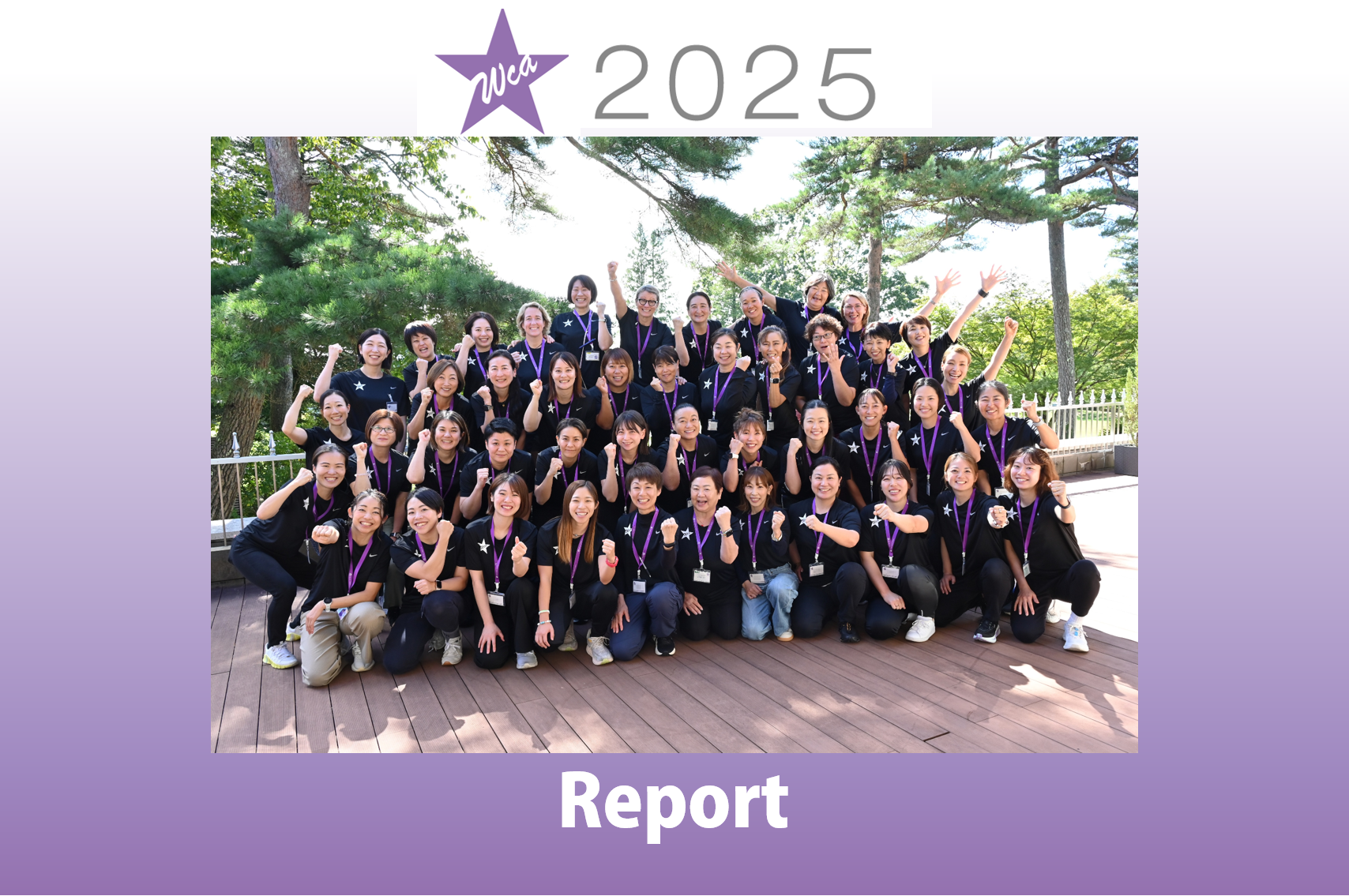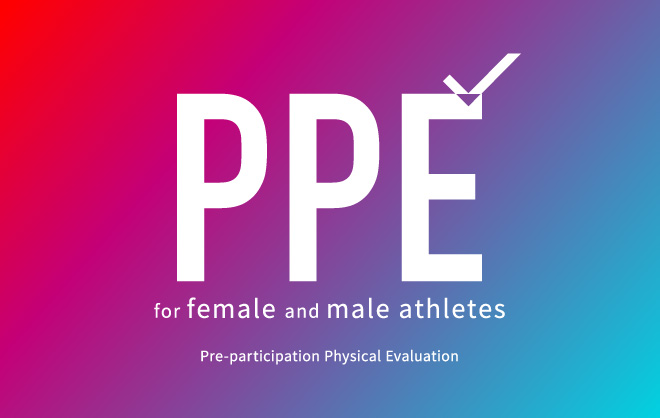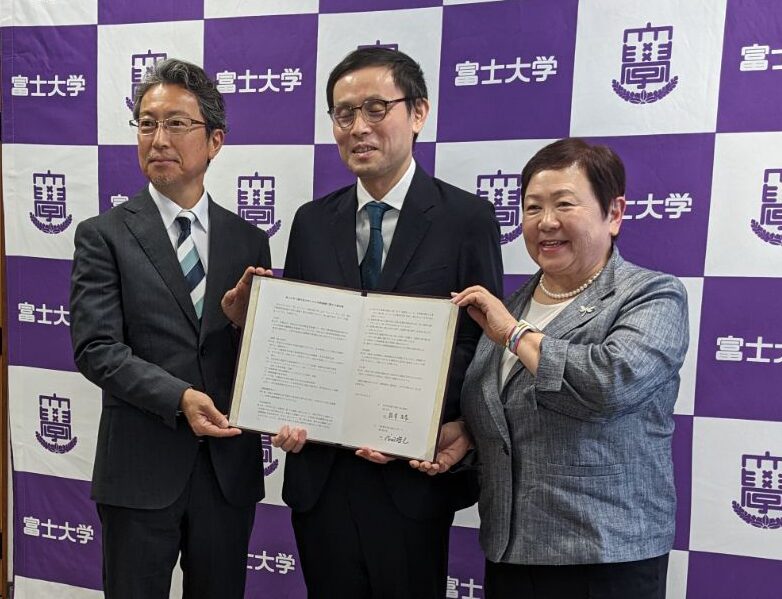Report on Participation in the 8th IWG World Conference on Women and Sport
The World Conference on Women and Sport is the world’s most renowned conference promoting gender equality in sport. This 8th edition of the conference was held in Auckland, New Zealand, November 14-17, 2022.

The “Project for the Promotion of Gender Equality through Sports (hereinafter referred to as “this Project”)” supported ASEAN countries to participate in the “World Conference on Women and Sports” as an opportunity to understand global discussions on sports and gender equality, network with diverse experts and professional organizations, and disseminate the progress and achievements of this Project to international experts on sports and gender.
The conference, which began with a video message from New Zealand Prime Minister Jacinda Ardern, was attended by approximately 1,200 people on-site and 500 online over the four days. More than 220 interesting sessions were offered by about 500 international presenters/speakers, and many collaborations were created.
On November 16, the third day of the conference, under the title of “Promoting Gender Equality in Sport in Asia by Using the Momentum of Tokyo 2020”, the participants, together with the Japan Sports Agency, the ASEAN Secretariat, the Government of Thailand, and officials from ASEAN countries, gave the following group presentations and exchanged opinions with approximately 20 participants in the audience.
 Ms. Aya Noguchi, Assistant Professor
Ms. Aya Noguchi, Assistant ProfessorFaculty of Health and Sports Science, Juntendo University
[Group Presentation]
Promoting Gender Equality in Sport in Asia by using the momentum of Tokyo 2020
The two-part group presentation (90 minutes in total) was moderated by Assistant Professor Aya Noguchi of the Faculty of Health and Sports Science at Juntendo University, who is the project management leader of this project, and began with an overview of the project.
Shared the result about behind project of this project “Sport for Tomorrow”, and “ASEAN-JAPAN Working on Promoting Gender Equality in Sports” project, which was held with the support of the Japan-ASEAN Integration Fund (JAIF) during the period of the Tokyo 2020 Olympic and Paralympic Games, and introduced that this project is planned by the Japan Sports Agency with its own budget and the project plan based on that budget.
 Ms. Midori Anami
Ms. Midori AnamiSenior Specialist for Women’s Sports
Japan Sports Agency
<Session1>
Ms. Midori Anami, a Specialist in Women’s Sports Promotion of the Japan Sports Agency, shared the Japanese government’s measures for “gender equality in sports”. She began by mentioning that the Tokyo 2020 Games “were the most gender-equal Olympic and Paralympic Games in history”, and introduced Japan’s sports policies from various perspectives, including the shortage of female leaders and leaders in high-performance (top-level) sports, sports for people with disabilities, and school sports. The following is a brief overview of the current situation in the field of sports in Japan.
 Ms. Larasati Indrawagita, Senior Officer
Ms. Larasati Indrawagita, Senior OfficerEducation, Youth and Sports Division ASEAN Secretariat
Then, Ms. Lara Indrawagita, Senior Officer, Youth and Sports Department, ASEAN Secretariat, provided information on the “ASEAN We Score Break records, make history!” aimed at increasing the rate of women’s sports participation in ASEAN countries. Ms. Indrawagita also introduced a project that the ASEAN Secretariat is working on with other countries to promote gender equality through sports, in which female athletes from various countries have been appointed as ambassadors, echoed the sentiments of the ambassadors in each country, saying, “Sports can be a platform to promote gender equality and women’s empowerment”.
 Dr. Niwat Limsuknirun
Dr. Niwat LimsuknirunDirector General of the Department of
Physical Education
<Session2>
Dr. Niwat Limsuknirun, Director General of the Department of Physical Education, Ministry of Tourism and Sports, Thailand, gave a presentation on the mainstreaming of gender in the Thai government’s sports policy as a case study of Thailand.
He stated the Thai government attaches great importance to “Sports for All”, and expressed his desire to provide all Thai people with opportunities to experience sports on a daily basis, such as marathons and gymnastics. He also introduced some of the sports in which women are active in Thailand, such as taekwondo, weightlifting, volleyball, and kickboxing.
 Speakers are listening to online
Speakers are listening to online participants
In the latter half of the session, the audience and online participants were connected for a lively discussion including those from ASEAN (a total of 10 countries).
Government officials from Brunei shared their experiences from the “ASEAN-Japan Working on Promoting Gender Equality in Sports” workshop held at Juntendo University in Japan in 2021 and provided information on how they are implementing measures to promote women’s participation in sports.
A participant from Malaysia commented, “I was very interested in the (Japanese) Sports Agency’s efforts to create child-friendly facilities”. A participant from Singapore said, “The quota system (where the percentage of women is determined by rules) is a good initiative, and we are practicing it in our own country”, adding that it was a valuable time for her to think about her own country’s initiatives as a result of participating in an international conference.
 Dr. Etsuko Ogasawara, Executive Director
Dr. Etsuko Ogasawara, Executive DirectorJapanese Center for Research on
Women in Sport
In addition, representatives from “Women Sport International,” an international women’s and sports organization, the “.WE League”, a Japanese women’s professional soccer league, and the “Asia New Zealand Foundation” expressed their positive comments on the ASEAN-Japan partnership and their support for its further development.
In the end, Dr. Etsuko Ogasawara, IWG Global Executive (Asian Representative) and Executive Director of the Japanese Center for Research on Women and Sport, Juntendo University, the implementing organization of this project, took the podium at the end of the session and first thanked the speakers and participants for the success of the workshop “ASEAN-JAPAN Working on Promoting Gender Equality in Sports” held in August 2021. She concluded by thanking the speakers and participants for the success of the session.
 Ms. Machi Orime, a young female leader from Japan
Ms. Machi Orime, a young female leader from Japan who participated in this project (4th from left)
On the final day, the IWG conference organizing secretariat announced a “Call to Action”, in which 11 young female leaders nominated from various countries read out statements calling for action. Among them was a young leader from Japan who participated in this project. This is a significant achievement for the development of young Japanese global human resources who will play a key role in promoting gender equality in sports, which is one of the objectives of this project.
Machi Orime, who is involved in this project work, said on the “Call to Action” stage, “It was an opportunity to think about what gender equality in sports means from multiple perspectives and to consider gender equality in Japan from a bird’s eye view in the context of international movements”. Sae Hashimoto, who was also involved in the workshop “Working on Promoting Gender Equality in Sports” in 2021, commented that “it was very meaningful not only to listen to the sessions but also to discuss with participants from around the world who are working on gender equality on a daily basis”, indicating that this conference was very stimulating for the two young participants. It was evident that this conference was a great stimulus for the two young people.
Participants from the 10 ASEAN countries in this project offered the following comments.
“I am convinced that there are enough best practices around the world that we can learn from and apply to make the process of gaining stakeholder buy-in in our own countries easier and smoother”.
“I would like to conduct research and examine the barriers to women’s participation in sport, as evidence-based statistics are essential for promoting women’s sport participation”.
The learning from the four-day World Conference on Women and Sport was a valuable asset for the participants to consider the next steps for the development of women’s sport in their countries and further support the projects in this project.









